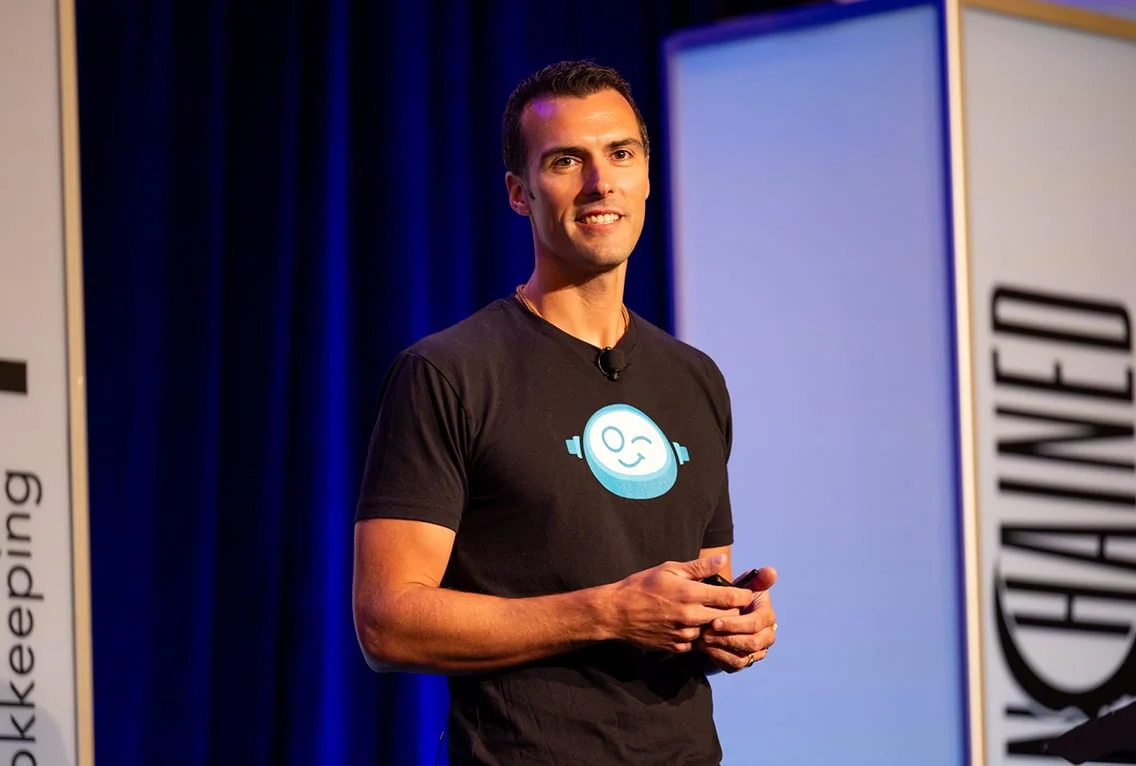Computers and the Internet have obviously revolutionized the way most Americans
do their jobs, and this is especially so for tax and accounting professionals,
whose modern practices are now completely reliant upon technologies to operate.
From spreadsheet programs to advanced professional accounting suites, as well
as tax preparation, online research, payroll and virtually every other service
that they provide, these firms simply could not operate in today’s environment
without such tools.
The ability to work remotely has also been made possible by these technologies,
but when most professionals consider the use of remote access technologies,
they generally think of being able to check e-mail using a wireless device,
accessing client files while on the road or at the client’s location,
or being able to perform some work from home in the evening or on weekends.
One of the more recent trends that has been made possible by the availability
of cheap computers and high-speed Internet access is the ability to work remotely
on a more regular basis, such as two or three days per week, or even on a full-time
basis. Sure, remote workers have been around for some time, especially in the
IT sector, and they even predate computers when you count envelope stuffing,
freelance writing and other less technical work. To emphasize how easy it is
to work from virtually anywhere, Microsoft even recently put a workstation up
in a tree in a London park.
The major professions have traditionally been less flexible, however. Considering
that a coat and tie were mandatory at many firms until not too long ago, the
accounting profession typifies the reluctance in past years to make the work
environment less traditional. Even though many service-oriented fields aren’t
amenable to remote workers, the more tactical parts of the tax and accounting
professions are very much so, especially preparation and review processes where
experience trumps proximity, especially when technologies can bridge the distance.
So with gas prices soaring and a continued shortage of skilled professional
accountants, many accounting firms are finding that offering some staff the
ability to work from home, at least a few days a week, is a powerful benefit
that can attract valuable employees. It can also be a great benefit for the
firm, enabling them to retain professionals who would otherwise not be available
to them.
This last point was a major concern to the Newport News, Virginia-based accounting
firm Carmines Robbins, PLC (www.carminesrobbins.com).
Located near several military bases, the 18-person firm had seen many of its
professional staff relocate out of the area when their spouses were transferred
to new duty stations. When one of their more seasoned tax preparers was preparing
to move to Germany, the firm’s leadership saw that remote access technologies
could help them keep her expertise in use.
“It can be hard to keep good people in our area because of transfers,”
said Rob Carmines, CPA, MST, CFP, PFS. “Being able to have a worker stay
on staff, but working remotely, has been a great benefit because it gives us
some of the benefits of outsourcing, but we keep total control over our client
work and relationships.” The person in Germany even advanced to the role
of tax manager for the firm and continued for two years until her return to
the United States. While overseas, Rob said that she reviewed every 1040, along
with some estate and gift returns.
Another tax preparer at the firm, Debra Houlden-Engvall, moved to Kodiak,
Alaska, with her Coast Guard husband, but was able to continue working for the
firm during tax season. She prepared more than 200 returns this tax season.
“It is great to be able to continue working for the same practice and
to maintain the relationships I’ve had with my clients for 11 to 12 years,”
she said. “The technology really has come a long way. Now when I log in,
it’s just like I’m right there in the office since I have dual-screen
monitors and remote access to the tax and document management systems.”
She also enjoys the ability to spend more time with her family than if she worked
at a professional office.
Debra and Rob both agree that the time difference is a benefit because as
staff in Virginia leave the office in the evening, she is still working and
can have returns ready for them when they get in the next morning.
Several key factors are crucial to finding success in a remote worker, according
to Rob. The first is having technologies that enable the process to be as seamless
as possible. At his firm, an administrative staff member handles all scanning
into a document management system, making the engagement paperless, while the
firm’s tax and accounting programs are accessible to staff remotely using
a Citrix-based portal. Rob notes that no data ever leaves the firm’s control;
the remote worker simply works with it by logging into their systems.
Several programs are available that make tax, accounting and other applications
available remotely, including Virtual Office from Thomson Tax & Accounting,
Global fx from CCH, and Citrix. Additionally, some professional programs
have been developed specifically as web-based solutions, allowing staff to access
the systems from anywhere. These include the GoSystem ES tax preparation suite,
Accountant’s Office from AccountantsWorld and NetSuite’s web-based
accounting package.
High-speed Internet is also a must-have, but it is available almost everywhere
in the United States these days. Rob’s firm foots the cable Internet bill
for Debra, along with purchasing her computer system. These costs, he said,
are much less than the cost of having a traditional employee in-office. Other
technologies also help keep a remote worker close, such as VoIP, which enables
Debra to have a local Virginia phone number and an office extension.
On a non-technological front, the remote worker needs to have the proper work
ethic and ability to meet deadlines, just as though they were in the office.
Many employers therefore phase existing traditional workers into remote workers,
having already built a trust in their capabilities and ensuring that they know
the workflow dynamics of the practice.
The trend toward remote professional staff will continue in the tax and accounting
professions as it has done in other fields, especially as workers see the potential
for improved work-life balance and firm partners recognize the benefits to their
firms.
Thanks for reading CPA Practice Advisor!
Subscribe Already registered? Log In
Need more information? Read the FAQs



